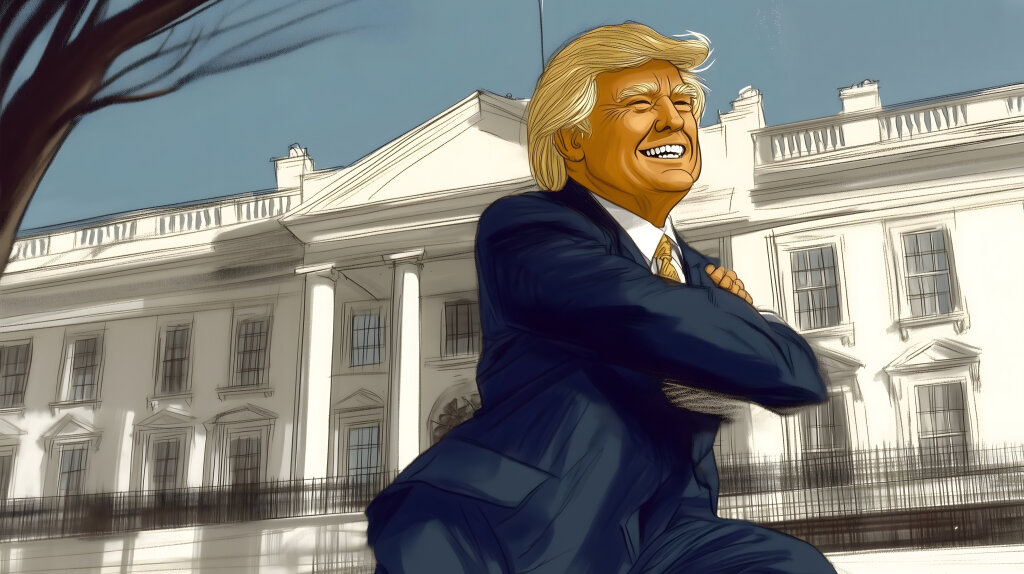

By Asmita - Aug 11, 2025
President Trump announces federal control of Washington, D.C. police, deploys National Guard to combat crime despite low crime rates. Plans include eviction of homeless individuals from the city. The move challenges the Home Rule Act, drawing criticism and legal uncertainties.

Donald Trump via CCNull
LATEST
President Donald Trump announced on August 11, 2025, that he will place the Washington, D.C. police department under federal control and deploy the National Guard to the nation's capital to address what he described as a surge in violent crime and lawlessness. Speaking at a White House press conference alongside Defense Secretary Pete Hegseth and Attorney General Pam Bondi, Trump declared, "This is Liberation Day in DC, and we're going to take our capital back." He cited an increase in violence, gangs, and criminals infiltrating the city as justification for the federal intervention, despite official data showing crime rates had actually dropped to a 30-year low in 2024 and continued to decline in 2025. Trump has also threatened to evict homeless people from the capital, stating they must relocate immediately and that accommodations would be provided far from the city.
In the days leading to this announcement, the White House increased the federal law enforcement presence in Washington, deploying hundreds of officers from agencies including the FBI, Immigration and Customs Enforcement (ICE), the Drug Enforcement Administration (DEA), and the Bureau of Alcohol, Tobacco, Firearms and Explosives (ATF). Approximately 450 federal officers are stationed across all four quadrants of the city, with around 130 FBI agents coordinating patrols alongside local police. The mobilization also includes plans to send up to 1,000 National Guard troops to assist the local law enforcement efforts, though the final number and deployment details were not fully confirmed at the time. These troops would primarily support and augment policing activities, without necessarily having arrest powers themselves.
The move to federal control of the city's police department challenges the established authority under the Home Rule Act of 1973, which delegates governance of D.C. to local officials while Congress retains overarching authority. While Trump possesses the power to temporarily assume control of the police department and order the National Guard—as the district's National Guard operates under federal authority rather than a state governor—fully federalizing the city's government would require congressional action to rescind the Home Rule law. Critics, including Washington Mayor Muriel Bowser, have disputed the president’s claims about rising crime, emphasizing the significant decreases in violent crime and overall crime rates in recent years.
This federal intervention is part of Trump’s broader strategy of asserting federal authority over urban areas governed by political opponents, exemplified by his prior deployment of National Guard troops in Los Angeles and his responses to nationwide protests during his earlier presidency. The president frames this as a necessary step to restore law and order in the capital, vowing to remove what he terms “crime, savagery, filth, and scum” from Washington, D.C., and signaling a tough stance against homelessness and crime. However, legal and political hurdles remain, with Congress holding considerable influence over the district’s autonomy and many experts questioning the legality and political viability of Trump’s proposed actions.